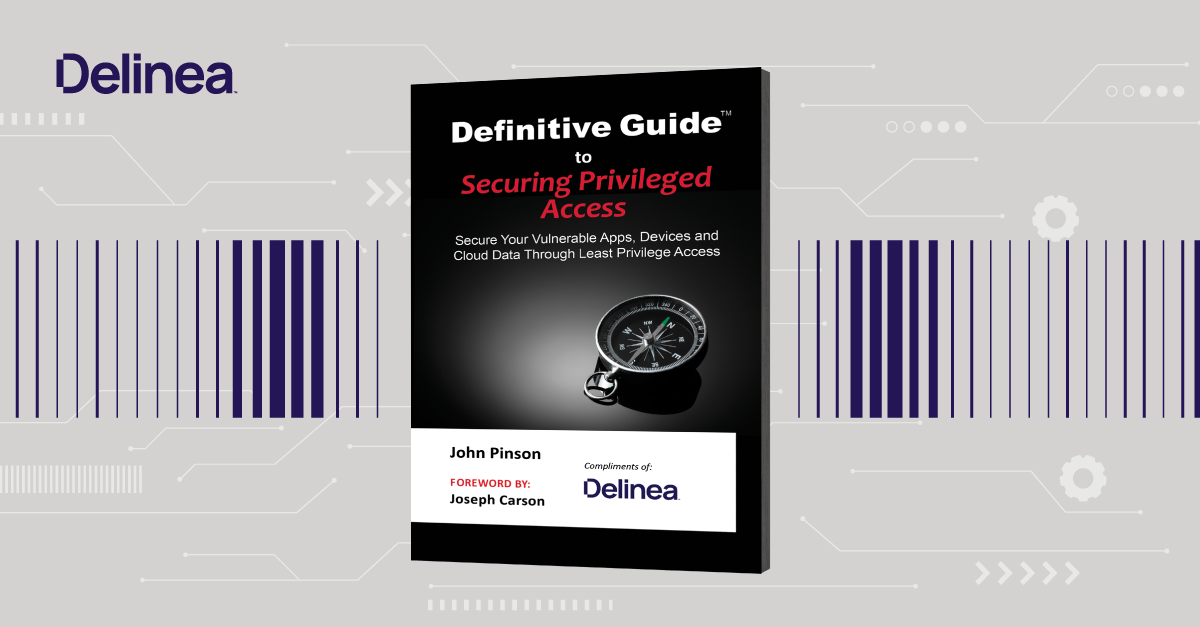While the shortage of qualified cybersecurity professionals continues to grow exponentially and ransomware attacks grab international headlines, many mid-career IT professionals with cybersecurity job experience are evaluating their options.
Maybe a year of working remotely has given you pause to think about your career goals and take some time to learn new skills. Or, perhaps you’ve been shifted to a position that focuses much more on cybersecurity operations and management than before.
You are in a rapidly growing, evolving, and challenging field
In any case, you’ll find lots of advice about how to get into a cybersecurity career as a beginner, but not so much on what you should be looking at as you move into mid-career mode. Here are a few suggestions to consider as you review your options going forward. Just know you are in a rapidly growing, evolving, and challenging field—a great place to be as a knowledge worker in 2021.
Look for management role opportunities
Most professionals recognize that moving into a management role supervising others is an advancement in both pay and recognition. Getting beyond the frontlines of security administration into the ranks of management means first and foremost understanding the responsibilities around a specific position such as supervising monitoring or being responsible for a security incident response plan.
Beyond the specifics of any one position, honing management skills involves digging deeper into how your business operates, and how decisions are made. Are you in a fairly strict hierarchical management structure, or does your organization tend to work in collaboration? Does collaboration extend beyond the IT security team to involve other divisions or workgroups?


